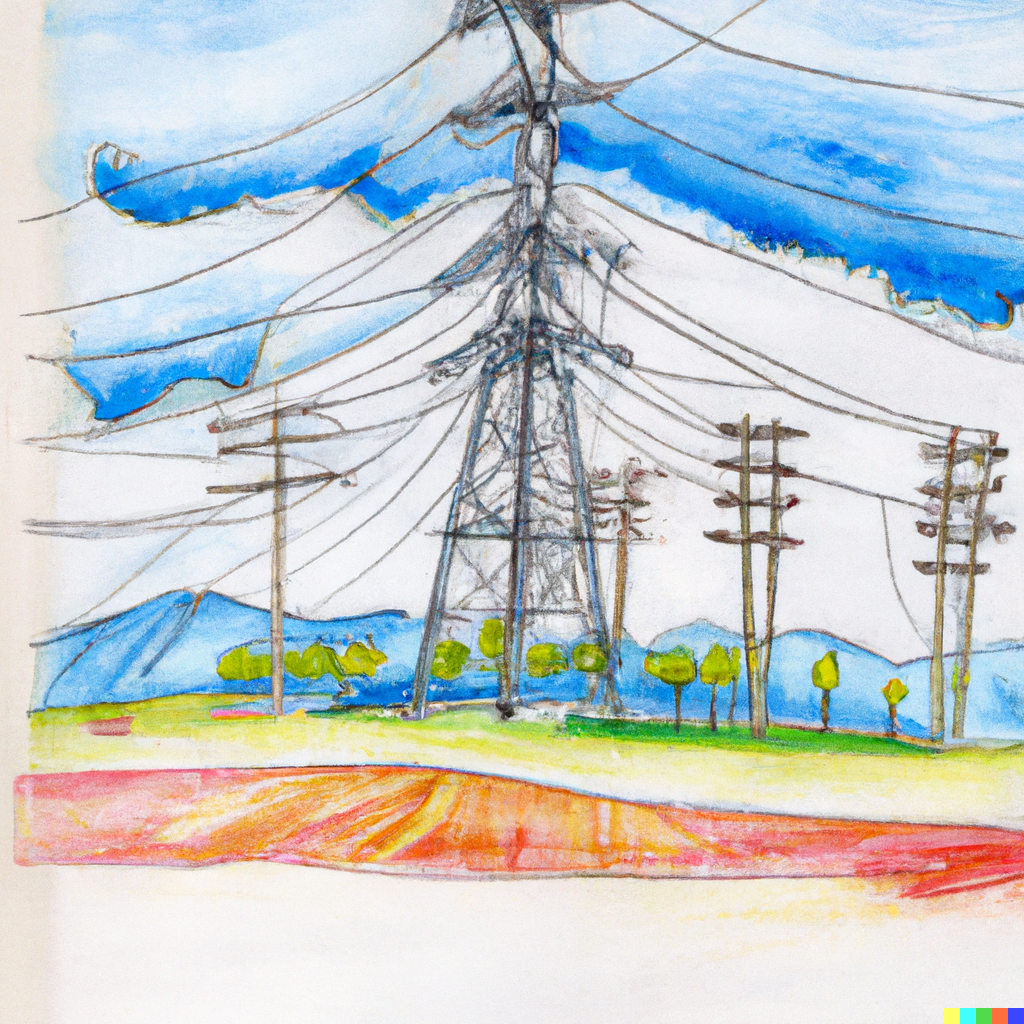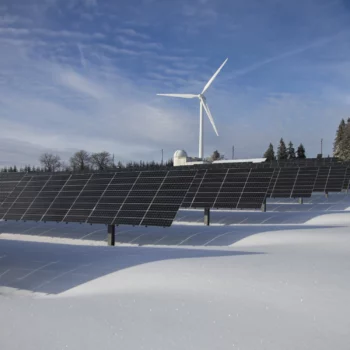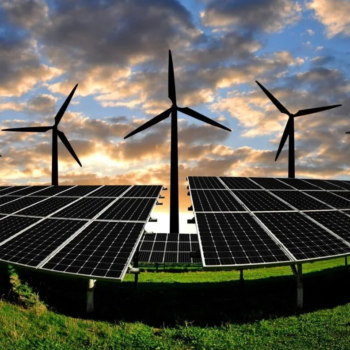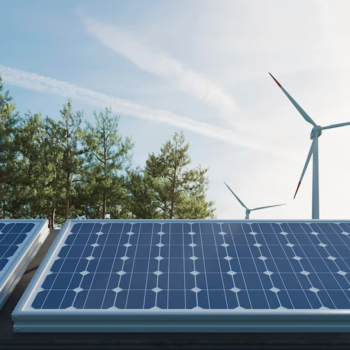|
|
More than 50 countries have made net-zero pledges, and there are numerous avenues to realizing that ambitious goal. One way humans can reach net zero faster is through electricity deregulation, which means energy suppliers can’t monopolize the energy sector.
Countries with deregulated energy include the U.S., England, Wales, Portugal, and many more. By enabling consumers to choose their electricity supplier — a concept known as a market system — people can select greener options. But will they?
Dig deeper → 3 min
What Is Net Zero?
Net zero means removing just as much carbon dioxide from the atmosphere as you emit. Achieving this balance is essential because this is the state at which global warming stops. Although it’s better not to emit greenhouse gases in the first place, net zero operations offset their carbon footprint by implementing ways to pull carbon from the atmosphere.
The Paris Agreement states participating countries must achieve net-zero emissions by 2050. Other agreements — such as the Net-Zero Government Initiative — specifically implore government operations to reach net zero in the same year.
The Benefits of Deregulation
In a regulated energy supply system, a single utility company sets the prices for its customers, and they’re forced to buy electricity no matter the cost. During the early 1900s in the United States, interstate companies controlled over 75% of the country’s electricity. They artificially inflated their prices until Congress forced them to break up their monopoly.
With deregulation, competition lets customers choose where their electricity comes from. That’s good news for people who want to go green since they can choose from wind or solar companies that produce clean energy. Other benefits include:
- Lower prices: Consumers can get the same product — electricity — for a lower price by shopping around.
- Economic stimulation: Deregulation allows more energy companies to enter the market. This opens the door for new green energy firms to get up and running.
- Freedom to choose: In a regulated electricity market, consumers are out of luck if the power company raises their prices or they provide unreliable service. A market system lets consumers switch companies if they don’t like their current provider.
How Deregulation Can Help Countries Reach Net Zero
Electricity deregulation alone will probably not lead to a net-zero state. Rather, it’s one component of a multitargeted approach that companies and consumers need to implement.
Phasing Out Fossil Fuels
Giving people the freedom to choose a greener energy supplier is a step in the right direction, but more importantly, the energy sector needs to move away from coal, oil, and natural gas. They’re some of the worst offenders when it comes to producing emissions. Renewable energy sources require fossil fuels for their assembly, but once they’re up and running, they don’t create any emissions.
Some renewable energy companies see their fastest growth in deregulated energy markets. Governments should focus on improving the green electricity industry — such as by building more wind and solar farms — to make eco-friendly providers more widely available.
Making Renewables the Best Option
Although eco-conscious consumers may look for solar- and wind-based energy companies, most people will choose fossil-fuel-based energy suppliers if it’s the cheapest option. That’s why electricity deregulation alone won’t lead to a net-zero state. Inflation has driven prices in so many sectors that people are often forced to buy the least expensive energy on the market.
However, most people would prefer not to pollute the environment if given a choice. Governments should encourage people to choose renewable electricity sources by providing tax breaks or other incentives for green energy.
Educating the Public
Additionally, many people don’t realize the energy sector is deregulated. Consumers know they can choose between different energy providers, but they often don’t realize they have options for finding an energy supplier.
Many consumers sign up for the first energy plan offered to them. Federal and state governments should make an effort to inform people about energy deregulation and what it means for sustainability.
One Piece of the Power Puzzle
By letting people choose energy plans from a supplier that generates renewable electricity, deregulation is one component of reaching net zero. Other steps toward achieving that goal include phasing out fossil-fuel-based power, building more infrastructure for wind and solar energy, educating consumers, and making renewable energy the cheapest option.
Taken together, these measures will set countries on the right path to reaching net zero.













No Comments